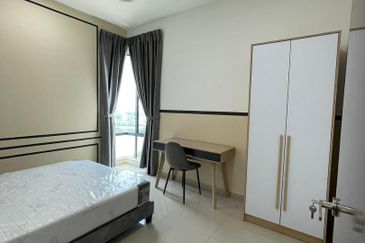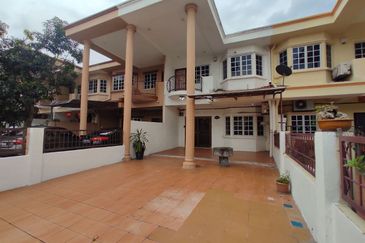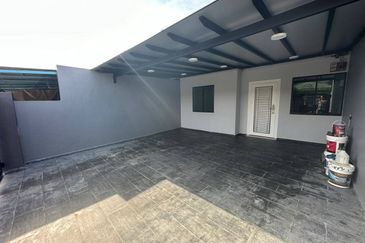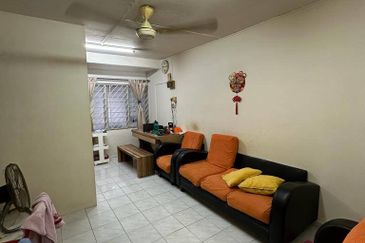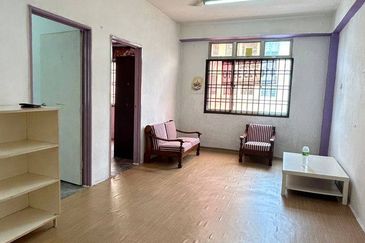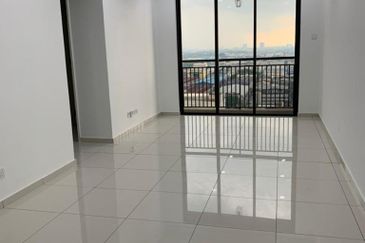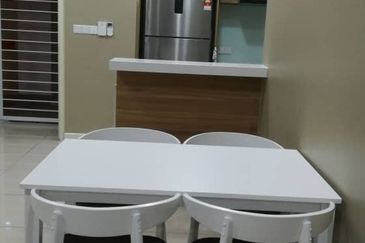SYDNEY: Real estate investment firm Aviva Investors sees a recovery in Asian property markets in the next two years and is looking to boost the region's share of its asset portfolio to 25% over the next five to 10 years.
The head of Asia-Pacific real estate for the arm of British insurance group Aviva Plc, Ian Hally, told Reuters in an interview there are opportunities in China, while the firm has found a partner to boost its presence in Japan and sees the Australian market stabilising.
"The markets have corrected over the last year to 18 months, which means values are lower but given the fundamentals across many Asian markets which we are interested in expect an economic recovery," Singapore-based Hally said in a telephone interview.
"A lot of the markets across Asia, we think investment opportunities are going to be attractive in 2010 and 2011."
Prices for office buildings in Tokyo, Sydney, Hong Kong and Singapore were more than 30% lower in the second quarter this year than a year ago, according to Jones Lang LaSalle.
But investor interest in Asian assets is growing. In the third quarter, total commercial real estate sales in Asia-Pacific increased to US$16.5 billion (RM55.89 billion), up from US$11.9 billion in the second quarter, according to property research firm DTZ.
"Strategically, for our clients, we would like to have around 25% of their real estate allocation to the Asia-Pacific region," Hally said.
Aviva Investors, launched a year ago, currently manages about US$1 billion in real estate assets in the Asia-Pacific, including securities and direct properties, out of its global total of more than US$35 billion.
Hally added Aviva is only interested in core assets, or buildings with tenants in them, or core-plus assets, which offer upside potential through refurbishment. Aviva is not keen on development projects.
Hally said Aviva has been trying to get exposure in the Australia market where it owns no direct property yet.
Some experts have said that a strong Australian dollar and rising interest rates may present obstacles for offshore investors, but Hally said currency exposure is just part of building a cross-border portfolio.
"We think fundamentals in the next year or two, in terms of rents, are going to stabilise and grow for a longer term," he said. -- Reuters
TOP PICKS BY EDGEPROP
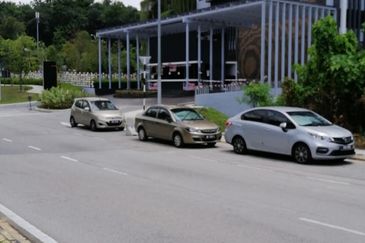
SkyLuxe On The Park @ Bukit Jalil
Bukit Jalil, Kuala Lumpur
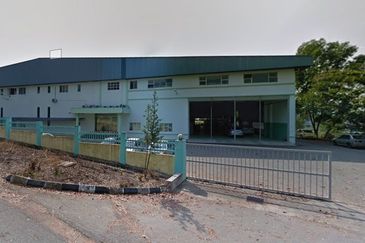
Kundang Industrial Park (Kawasan Perindustrian Kundang)
Rawang, Selangor
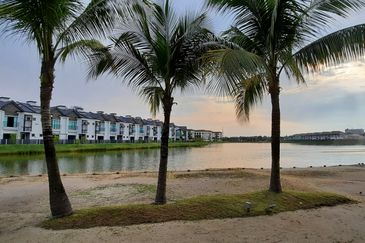
Setia Marina 3, Setia Eco Glades
Cyberjaya, Selangor
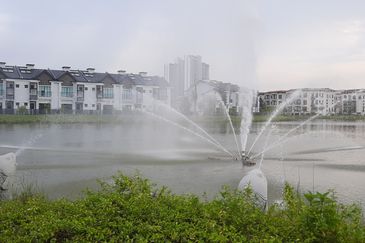
Setia Marina 3, Setia Eco Glades
Cyberjaya, Selangor
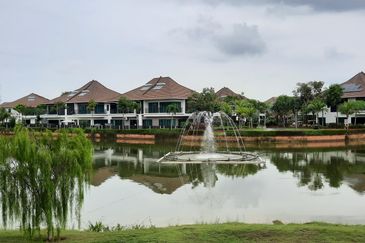
Charms of Nusantara, Setia Eco Glades
Cyberjaya, Selangor

Isle of Botanica, Setia Eco Glades
Cyberjaya, Selangor



